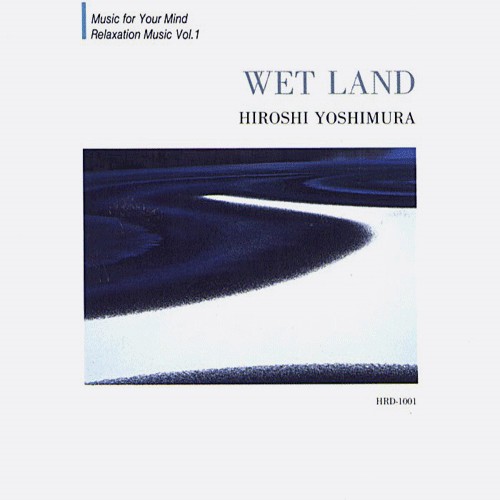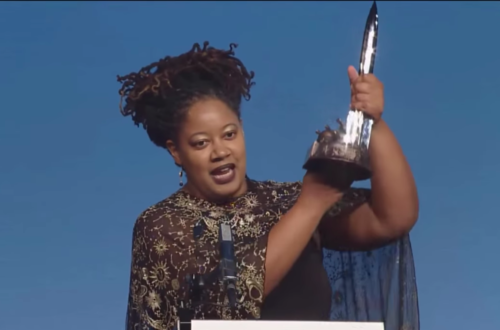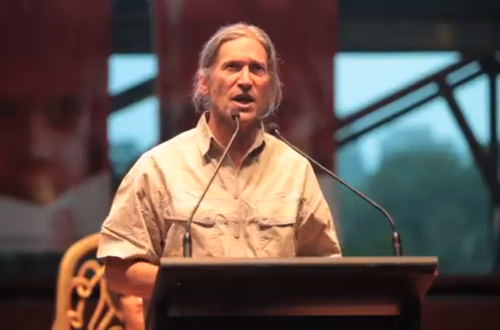I often wonder why it is that I like minimalist music so much. Many people find it incredibly boring, or too simple or too repetitive. There’s not enough there for them, but somehow for me the simplicity of the form is a major part of the appeal. I of course enjoy plenty of non-minimal music that has a lot going on and a lot of lively emotions in it, but I enjoy minimal music in a different way. I’ve been trying to understand those different modes of enjoyment and articulate them to myself. I’ve been listening to a lot of minimal ambient music lately. Particularly William Basinski who I wrote about earlier, but also a lot of work by Japanese 80s ambient composer Hiroshi Yoshimura. My friends Stefanie and Lamin mentioned to me that they were playing his music at bedtime with their son and since they have excellent musical taste I decided to check it out. Yoshimura’s music is wonderful, it’s simple, beautiful and refined. The aesthetics feel very ‘traditional japanese’ with a palette of sounds drawn from field recordings and 80s new age synthesizer vocabulary. There’s a deliberateness, sense of negative space and calm, peaceful mood that I find fitting into my life at many moments. Particularly in the morning, like now as I’m writing this, or as I’m winding down at the end of the day. I am reminded of skillful visual design or art when I think about Yoshimura’s music, clean, balanced and impactful. For me minimal music and minimal art or graphic design sit in similar modes of appreciation for me. I want to be able to appreciate each element distinctly in it’s own negative space, either in terms of timbre, arrangement or time and hear it’s relationship to the structure of the whole. This is something that the earlier music of experimental artists like Autechre did extremely well for me also, the sense of structure, deliberateness and detail. It’s something I’ve never been good at in my own music at all, which is an interesting thought, although my work has always been minimal and deliberately so.
I started reading a great book last night “Mastery” by George Leonard. He examines the process of learning through his practice of the martial art Aikido, as a teacher and student. The core message is bold and uncompromising, that the only path to excellence in a subject (or for that matter in life) is through the embrace of methodical and deliberate practice. He writes at length about the need to embrace the plateaus in learning which occur in between quick occasional accelerations in skill. This is probably just the book I needed to read right now. It’s bitter medicine in a sense for me, I feel like he’s shining a hard bright light on some of my dilettante tendencies. I have a strong pattern of learning something insofar as it’s easy, while progress is quick, and then coasting on a plateau for a long time, without taking the disciplined steps needed to deconstruct my skills and advance. I’ve also been bad at seeking out teachers who are better than me to help me go to the next stage. The result is a lot of mediocrity in my opinion, with moments in which I accidentally hit on something good, through sheer volume of attempts. I think this is true of a lot of people, so I don’t mean to be too harshly self-critical, but it’s probably something that’s holding me back. An example of this is that I made music for years using keyboards and sequencers but I never really learned keyboard well enough to play live on stage. It’s an embarassing detail for me, even after having moved on from actively creating music daily. I thought often about taking piano lessons, but the humbling experience of being a beginner after having released records and been seen as a non-beginner held me back. The willingness to humble oneself and break down the illusion of earned competency to move forward seems important, and is something I’m still bad at. Listening to Yoshimura’s music there is a refinement and surety that I think I appreciate very much for the knowledge that it’s something I lack.





